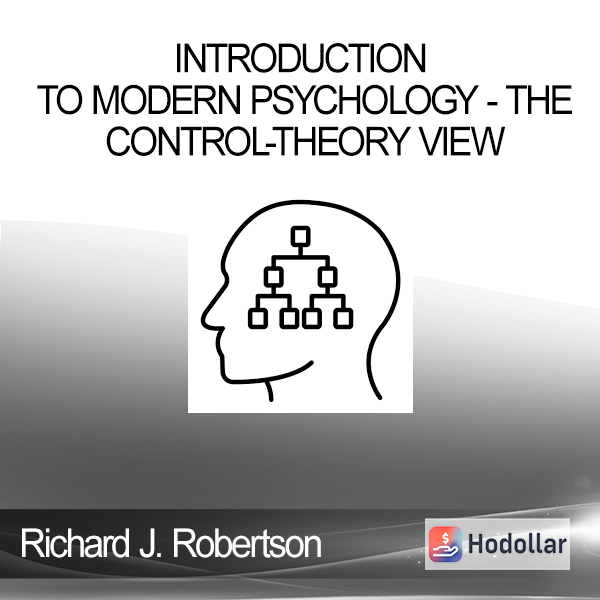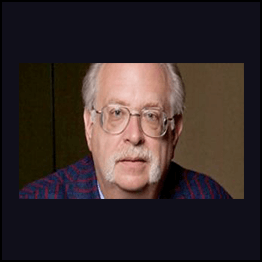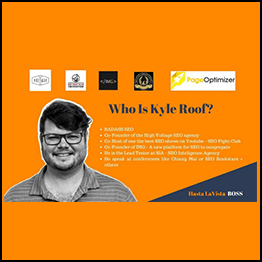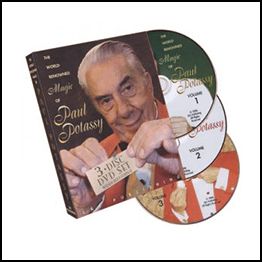Richard J. Robertson and William T. Powers – Introduction to Modern Psychology – The Control-Theory View
Richard J. Robertson and William T. Powers – Introduction to Modern Psychology – The Control-Theory View
William T. Powers
Bill Powers grew up in a suburb of Chicago, Illinois and served in the United States Navy in World War II, after which he earned his Physics degree from Northwestern University on the
GI Bill.
His interest in control theory as a model of behavior began while he was a medical physicist at the Veteran’s Administration Research Hospital in Chicago, where he designed many devices for medical research; notably, a curve-tracer for plotting isodose contours in the beam of radiation from a Cobalt-60 therapy machine.
While attending the Graduate School of Psychology at Northwestern in 1960, he worked part-time as a technician in the Department of Astronomy where later he became chief systems engineer. In that capacity, Powers designed and built low-light-level television systems for astronomy. He was involved in the design of the Lindheimer Astronomical Research Center, and was responsible for the design and building of the Corralitos Observatory. He created the automatic all-sky photometer for use on the
moon (for Apollo 18, which never flew).
During this period, Powers conducted several one-quarter seminars on control theory at NU, sponsored by Don Campbell and Hugh Petrie. Throughout these early years, he was publishing regularly on the subject of control theory (his book, Behavior: The Control of Perception, was the culmination of more than 20 years’ study when it was first published in 1973).
In 1984, Powers and his colleagues founded the Control Systems Group (CSG). Members participate in research, discussion and practical application of control theory, now called perceptual control theory (PCT). They communicate on line regularly, and hold an annual CSG International Conference, most recently at the University of Manchester, UK in conjunction with the 2010 meeting of the British Association for
Behaviour and Cognitive Psychotherapies (BABCP).
Powers retired in 1990 from the Chicago Sun Times, where he spent over a decade as a technician in the technical services group. Among many special projects, he developed a system for receiving newsprint manifests by wire, and won the Marshall Field Award for his microcomputer system for receiving, formatting, and typesetting satellite-broadcast stock tables in real time.
Throughout his varied career, and ever since, he has continued his work on developing a control-system model of behavioral organization. Today, Powers lives in Lafayette, Colorado, and spends his time writing, giving seminars and papers both here and abroad at international scientific meetings; conducting research, and working with colleagues across borders on collaborative projects, such as building testable models of the theory. When asked to describe himself, Bill said:
“I’ve always been pretty much a blue-collar type, by training and by preference.”
Get your instant download Richard J. Robertson and William T. Powers – Introduction to Modern Psychology – The Control-Theory View
Here’s what you can expect in the new book Richard J. Robertson and William T. Powers – Introduction to Modern Psychology – The Control-Theory View

Shipping method
– After making a purchase, you will see a View your order link to the Downloads page. Here you can download all the files related to your order.
– In case the link is broken for any reason, please contact us and we will resend a new download link.
– If you can’t find the download link, please don’t worry about it. This course is usually available and shipped within one day
– The course you purchased will have lifetime access
– Our support staff is the best by far! Please contact us at email: [email protected] and we will be happy to help!









